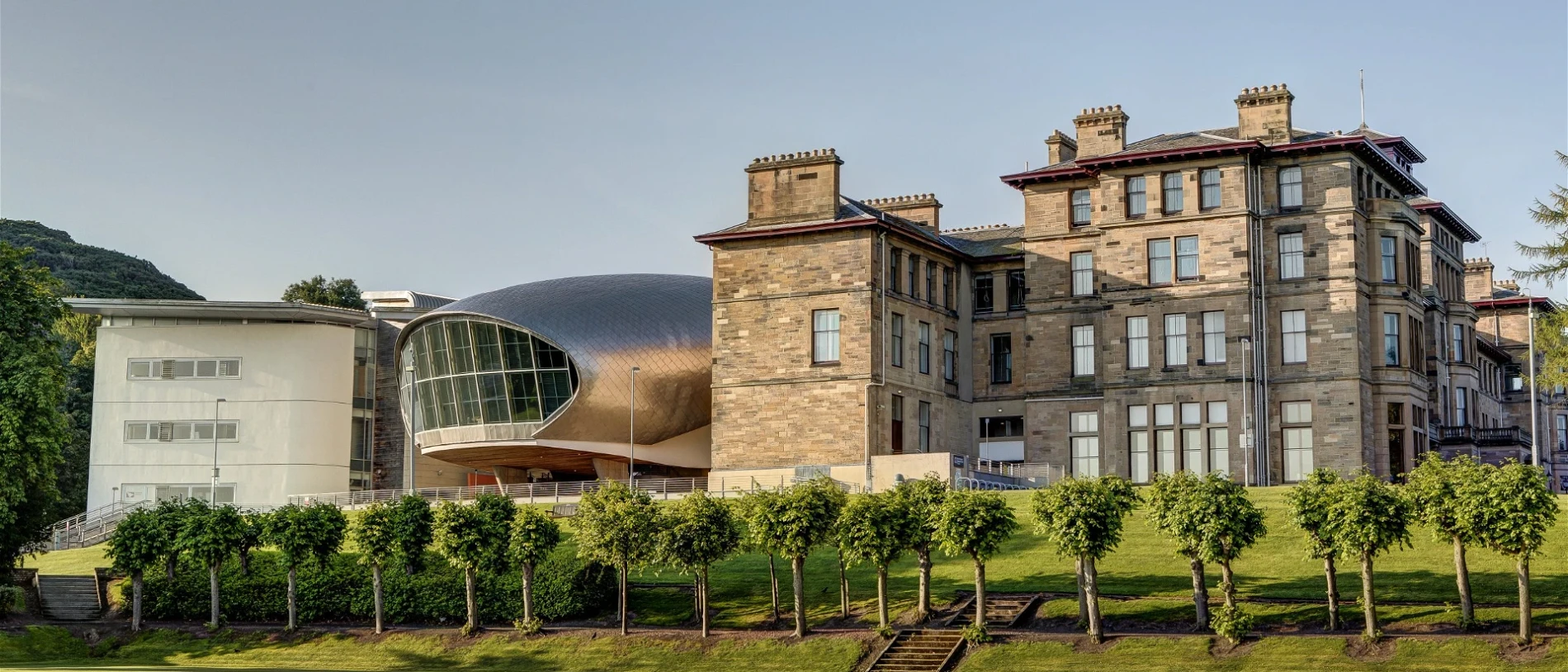

Edinburgh Napier University
Energy and Environmental Engineering
Study detals
: Bachelor's degree : BEng (Hons) Energy and Environmental Engineering : Full time : 36 MonthRequirements
English language requirements
IELTS Academic
- Overall 6.0
- Writing 6.0
- Listening 5.5
- Reading 5.5
- Speaking 5.5
We also accept other English language qualifications. (TOEFEL iBT, Trinity ISE, LANGUAGECERT Academic..)
Don’t meet the English language requirements?
Pre-sessional English for international students. If you hold a conditional offer and have not yet met the English entry requirements for a degree course at the University, we can help you with our pre-sessional English courses.
Study for 4 years (start at Level 1)
The essential subjects are Mathematics + another science (Information Technology, Chemistry, Biology, Human Biology, Physics, or Computing Science) - A-level, GCE CCC
Study for 3 years (start at Level 2)
The essential subjects are Mathematics + another Science (Information Technology, Chemistry, Biology, Human Biology, Physics, Psychology or Computing Science) - A-level, GCE ABB
IB (International Baccalaureate) diploma
Study for 4 years (start at Level 1) - 28 points, including 5, 5, 4 at higher level
Essential subject: Mathematics at Higher Level
Study for 3 years (start at Level 2) - 32 points, including 6, 5, 5 at higher level
Essential subject: Mathematics at Higher Level
Speciality
Pathways Available: International Stage One
Additional information
Degree Overview
As an energy engineer, you’ll be exploring cleaner, more efficient ways of using fossil fuels, while investigating and specifying the design of renewable energy developing systems using renewable and sustainable resources, such as solar and wind energy. You will also look at how local climate impacts on the design and selection of these systems, and consider their life cycle and carbon footprint.
The course focuses on learning engineering principles and practices, as well as computing skills and principles of design, relating to a wide range of energy systems. You’ll also learn methods of applying energy-efficiency in design, engineering practices and create more environmentally-friendly forms of industrial design and manufacture.
In year 1 you will learn fundamental principles underpinning both mechanical and electrical engineering sciences, and hands on practical skills. You will then progress on to year 2, further developing these fundamental skills while beginning to specialise in thermodynamics and mechanical engineering, while considering control and automation systems, key elements of design and engineering management skills. In year 3, you continue to specialise in your chosen field, gaining insight in to the design and application of renewable energy systems, detailed design and innovation practices and engineering applications. In your final year you will work on your honours project as well as gaining enhanced skills in analysis of energy efficient design in relation to building energy systems design, and power systems analysis.